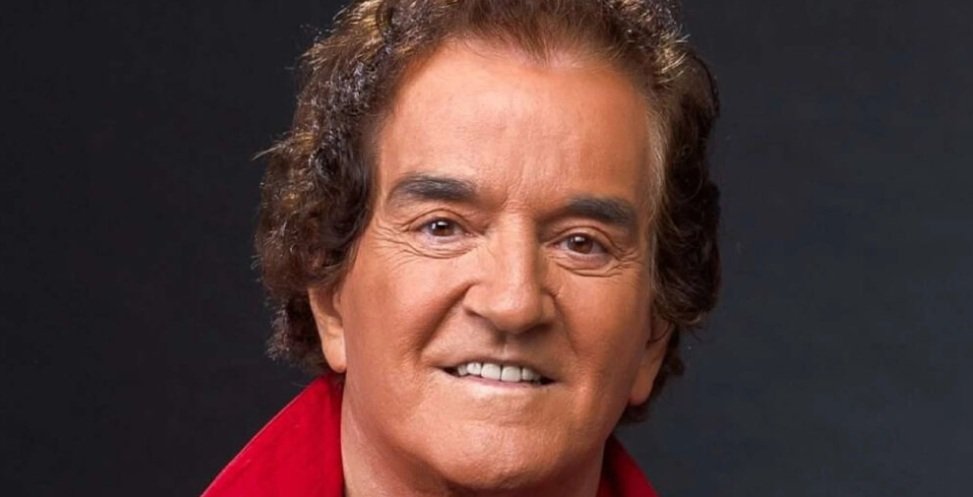Manuel de la Calva

Manuel de la Calva is one of the most influential figures in the history of 20th-century Spanish popular music. His career illustrates how passion for art, combined with consistent dedication, can transform both personal and professional life. As co-founder of the Dúo Dinámico, alongside Ramón Arcusa, he left a mark that transcends generations and remains alive in collective memory.
Origins and musical training
Born in Barcelona in 1937, Manuel de la Calva discovered early on the power of music as a universal language. His passion developed in a postwar context where access to international references was limited. Nevertheless, curiosity and determination led him to explore sounds ranging from swing to bolero, laying the foundations of his style. Self-taught training reinforced his discipline, becoming a defining trait of his career.
The creation of Dúo Dinámico
In 1958 he joined Ramón Arcusa to form the Dúo Dinámico, a project that revolutionized Spanish music. Manuel’s passion was decisive in the creative process: he contributed melodic sensitivity, relatable lyrics, and a vision of modernity that resonated with youth. The duo not only gained massive popularity but also established a repertoire of emblematic songs such as Quisiera ser and Resistiré, the latter becoming an intergenerational anthem.
Passion as work discipline
Manuel’s commitment to music went beyond performance. He became involved in composition, arrangements, and production. His passion operated as a method: long hours in the studio, a constant search for new sounds, and a perfectionism that ensured the quality of every project. This dedication was key to sustaining a career of more than six decades in an industry shaped by technological and consumer changes.
Influence on personal life
Music also shaped his daily life. Manuel always maintained a close relationship with his family, integrating his personal environment with his artistic career. Emotional stability allowed him to face the ups and downs of fame with serenity. His bond with Arcusa went beyond the professional sphere, consolidating a friendship of more than half a century that became an example of loyalty and shared commitment.
Legacy and permanence
The trajectory of Manuel de la Calva demonstrates how passion can become cultural legacy. His songs continue to be performed by new generations, and Resistiré acquired symbolic value in times of global crisis, especially during the pandemic. This permanence is not a coincidence but the result of a dedication that prioritized authenticity over passing trends.
Impact on Spanish music
Manuel’s influence is reflected in later artists who found in his work a model of professionalism and sensitivity. The Dúo Dinámico pioneered the integration of foreign styles into Spanish tradition, paving the way for the modernization of popular music. Guided by passion, this vision placed Manuel at the center of Spain’s cultural transformation in the 1960s and 1970s.
An open conclusion
The life and work of Manuel de la Calva show that passion is not an accessory element but an organizing principle of an entire career. His dedication, sustained for over six decades, is an example of how art can be both a lifelong vocation and a tool for connecting with millions of people.
